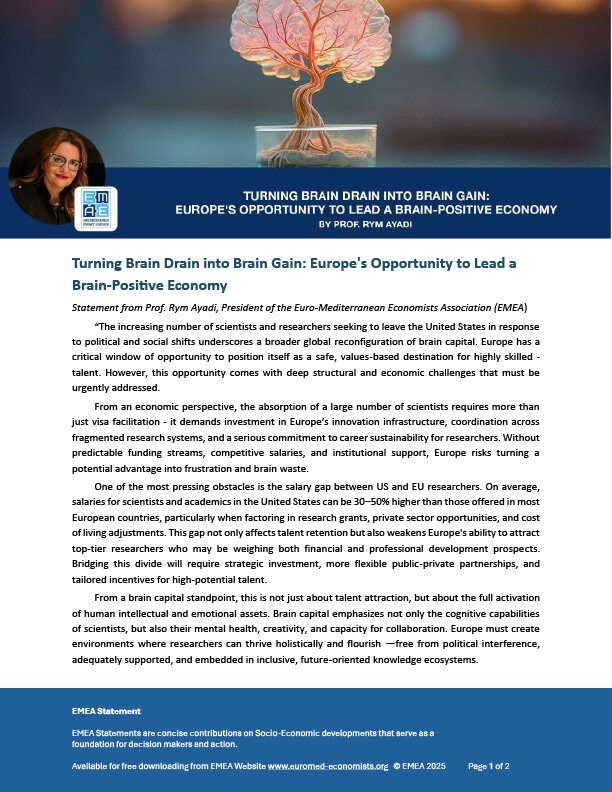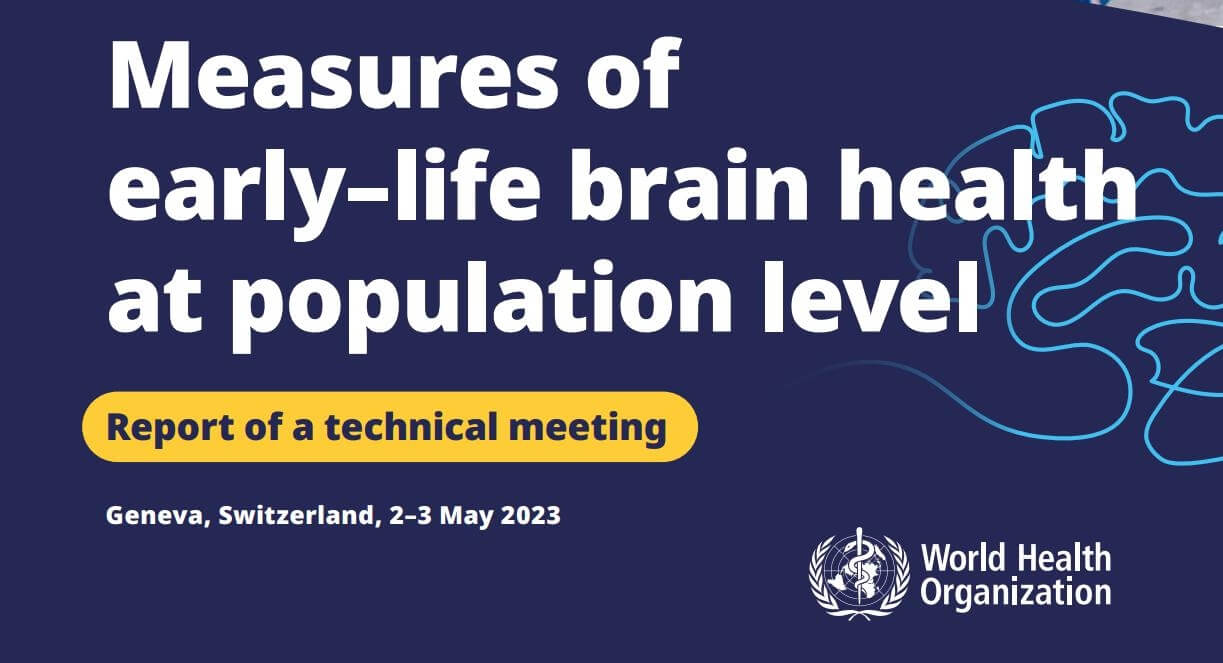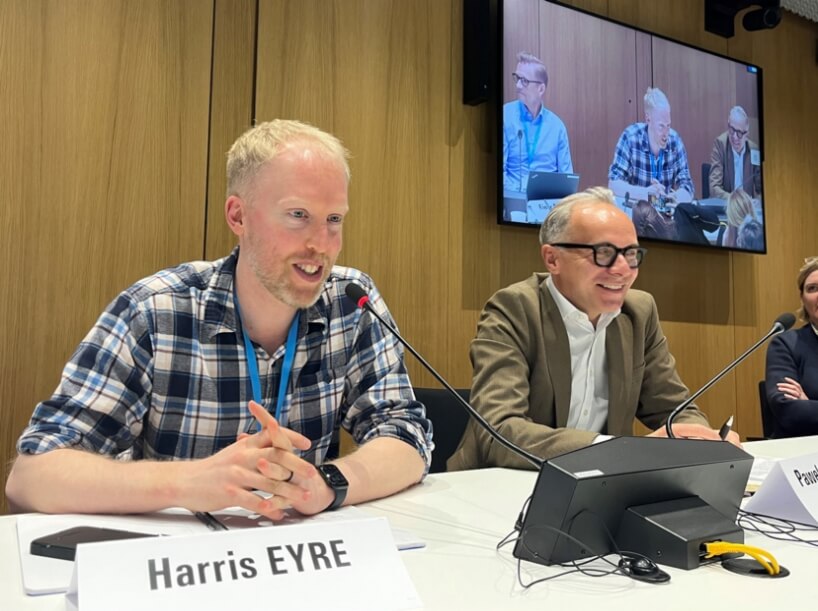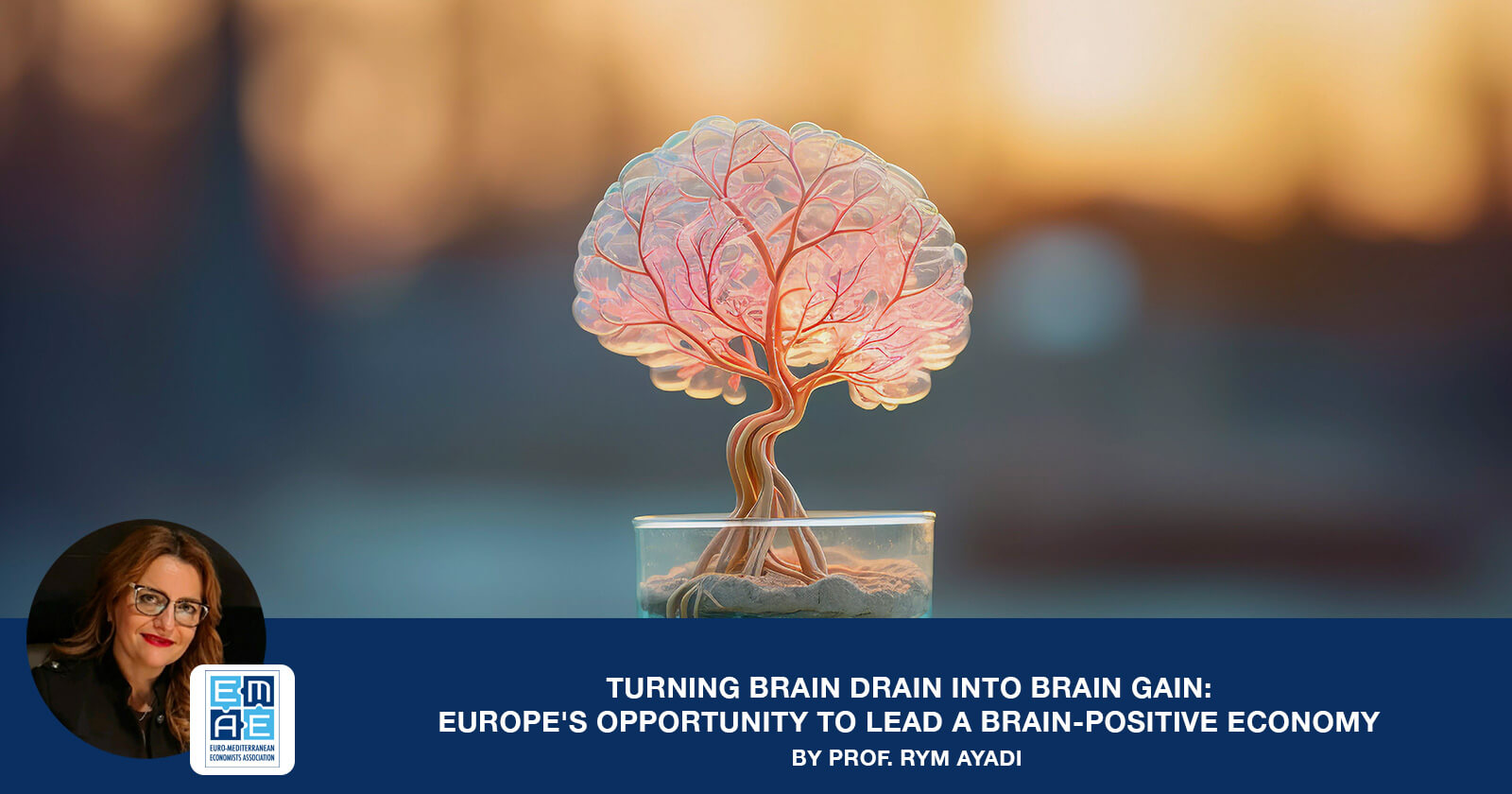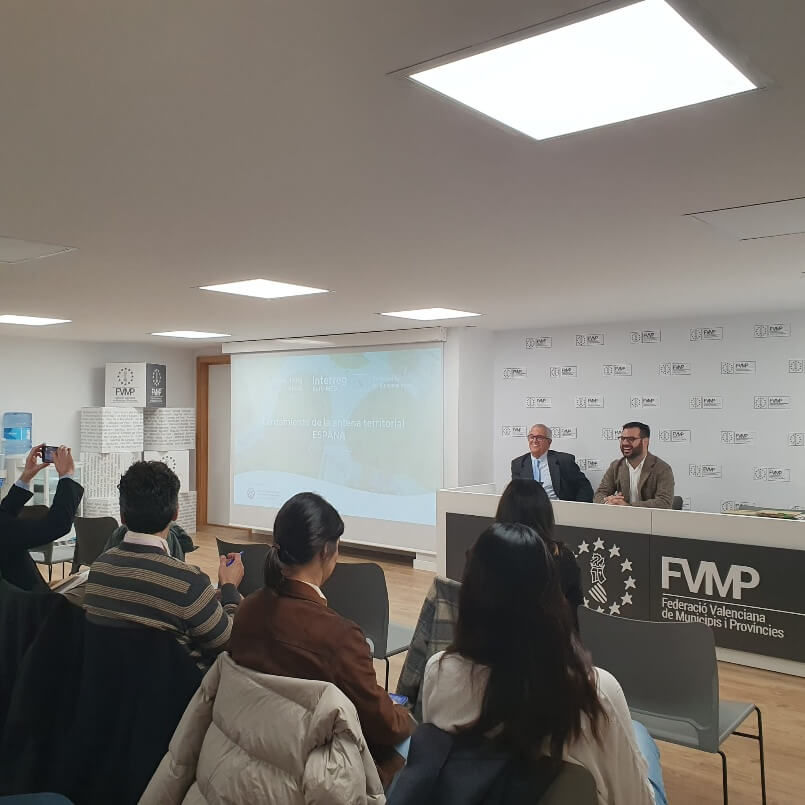On 08 February 2024 the World Health Organization (WHO) published its report on the Technical Meeting “Measures of early-life brain health at population level” which took place in Geneva, Switzerland on 2–3 May 2023. EMEA Advisors Harris Eyre MD PhD – Rice University’s Baker Institute for Public Policy and co-founder of the Brain Capital Alliance, and Pawel Swieboda – Founder, NeuroCentury, contributed to the meeting along with 51 other stakeholders and top experts from all over the world.
Brain health is increasingly attracting attention thanks to scientific and technological advances. Investing in brain health across the life course through education, access to health care, and healthy environments is essential for meeting modern societal challenges and driving innovation. However, there is no simple, direct or global metric to measure brain health across the life.
Existing efforts to quantify for instance early-life brain health rely on proxy measures such as stunting and extreme poverty, account only for individual aspects of brain functioning and fail to include direct measures of brain structure. With the intent to overcome these shortfalls, WHO convened an interdisciplinary expert group in May 2023 to discuss the development of a brain health measurement framework with a focus on early life.
Meeting attendees concluded that an ideal brain health metric would combine psychometrics, neuroimaging and neuro-modelling, incorporate important brain health determinants and be able to predict relevant outcomes later in life.
The report also highlighted brain capital: “Early neurodevelopment influences proximal factors, such as school readiness, cognitive function and abilities, social–emotional competence and behavioural regulation. These outcomes may in turn positively affect more distal outcomes, such as academic performance and health outcomes, social interactions and economic success in adulthood. Thus, strong neurodevelopmental foundations enhance the brain capital, increasing an individual’s brain health and brain skills for emotional, cognitive and social resources. These proximal and distal effects therefore contribute to long-lasting personal and societal impacts.”

